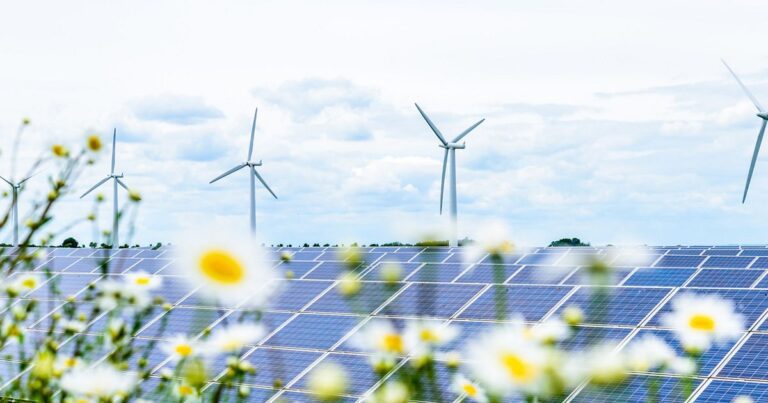State laws and regulations vary across the Midwest in terms of incentivizing and discouraging renewable energy development. Here are three examples of policies that might prevent solar and wind projects:
-
In Ohio, the Project Siting Act (SB52) gives county or municipal governments the power to veto large wind and solar energy developments.
-
In Michigan, utility-scale wind and solar projects must obtain approval from local municipalities in Michigan.
-
In Indiana, companies are limited in their ability to enter into power purchase agreements with third parties, which limit a company's ability to directly contract with wind or solar developers.
Additionally, community acceptance of renewable energy construction is inconsistent across the five Midwestern states studied and can vary significantly from municipality to municipality, further narrowing the landscape of opportunity.
The most cost-effective scenario for businesses is to be able to obtain electricity from renewable sources close to where their office buildings, factories, data centers and other properties are located—either through procurement or by building their own facilities.
When states enact policies that slow the development of renewable energy, it not only makes it harder for businesses to meet clean energy goals and provide sustainably produced products, but also limits their ability to access federal tax credits, offered through the IRA, which can significantly reduce the cost of building renewable energy projects. All of these challenges create an environment that reduces a company's ability to maintain a competitive advantage, which can jeopardize its status as a large local employer.

